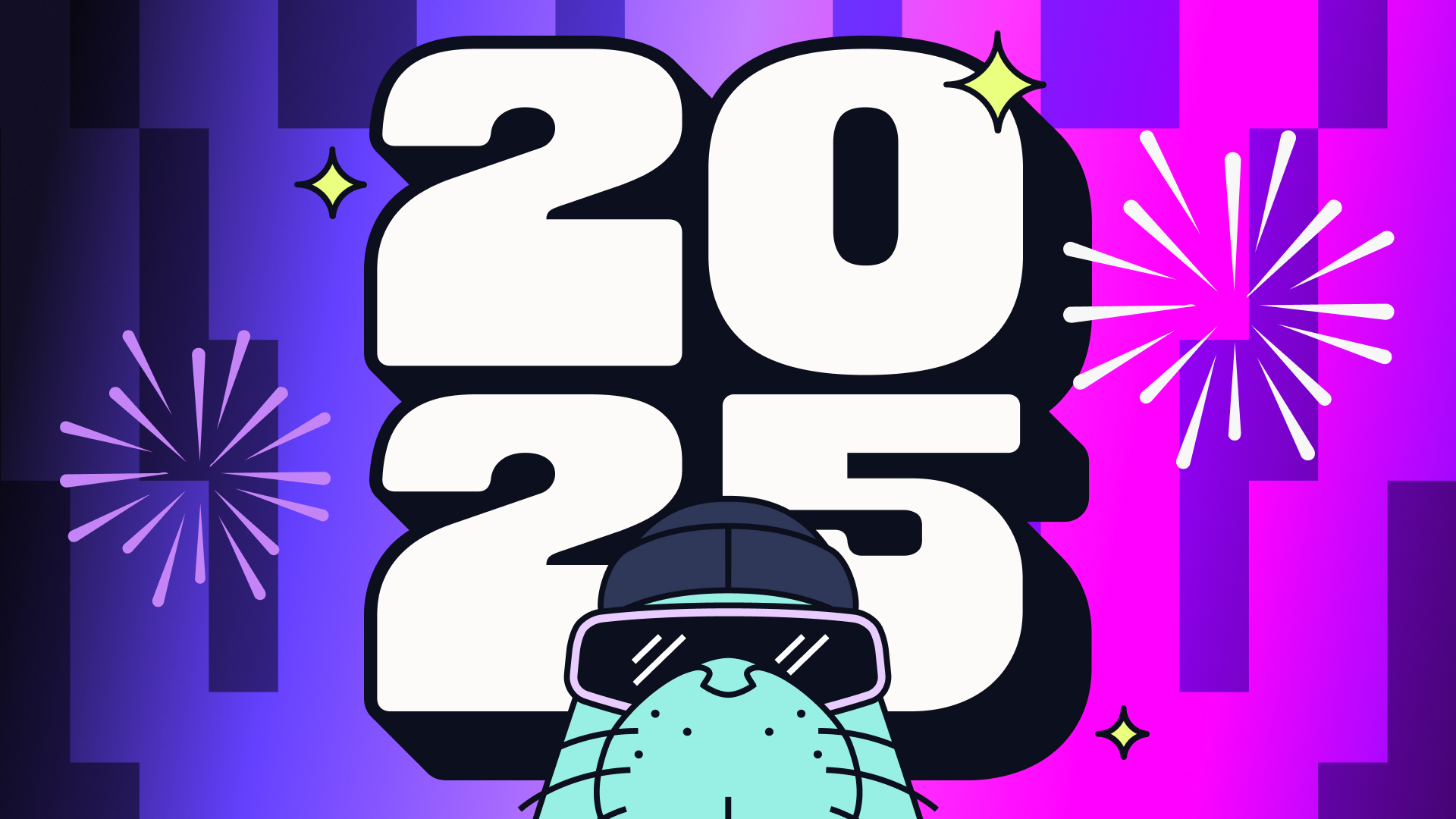Hackathon Highlights Summer 2025: How Teams Across Web3 are Building on Walrus
Spotlight on innovative ETH, SOL, and SUI hackathon projects that use Walrus as their global data layer
.jpg)
As onchain builders design the future of the internet, they need infrastructure that goes beyond simple storage. At Walrus, we’re building the global data layer to give developers full control over their data, making it fast, dynamic, and verifiable.
Recent hackathons, including the Sui Overflow Hackathon, Solana’s Colosseum, and the ETHGlobal Cannes Hackathon, have showcased a wave of ideas for projects that teams can build using Walrus as the foundational data layer for everything from decentralized AI to Web3-native social apps.
Here’s a look at some of the most innovative ideas from these recent hackathons, and how they plan to use Walrus to do more with their data!
Project Tracks:
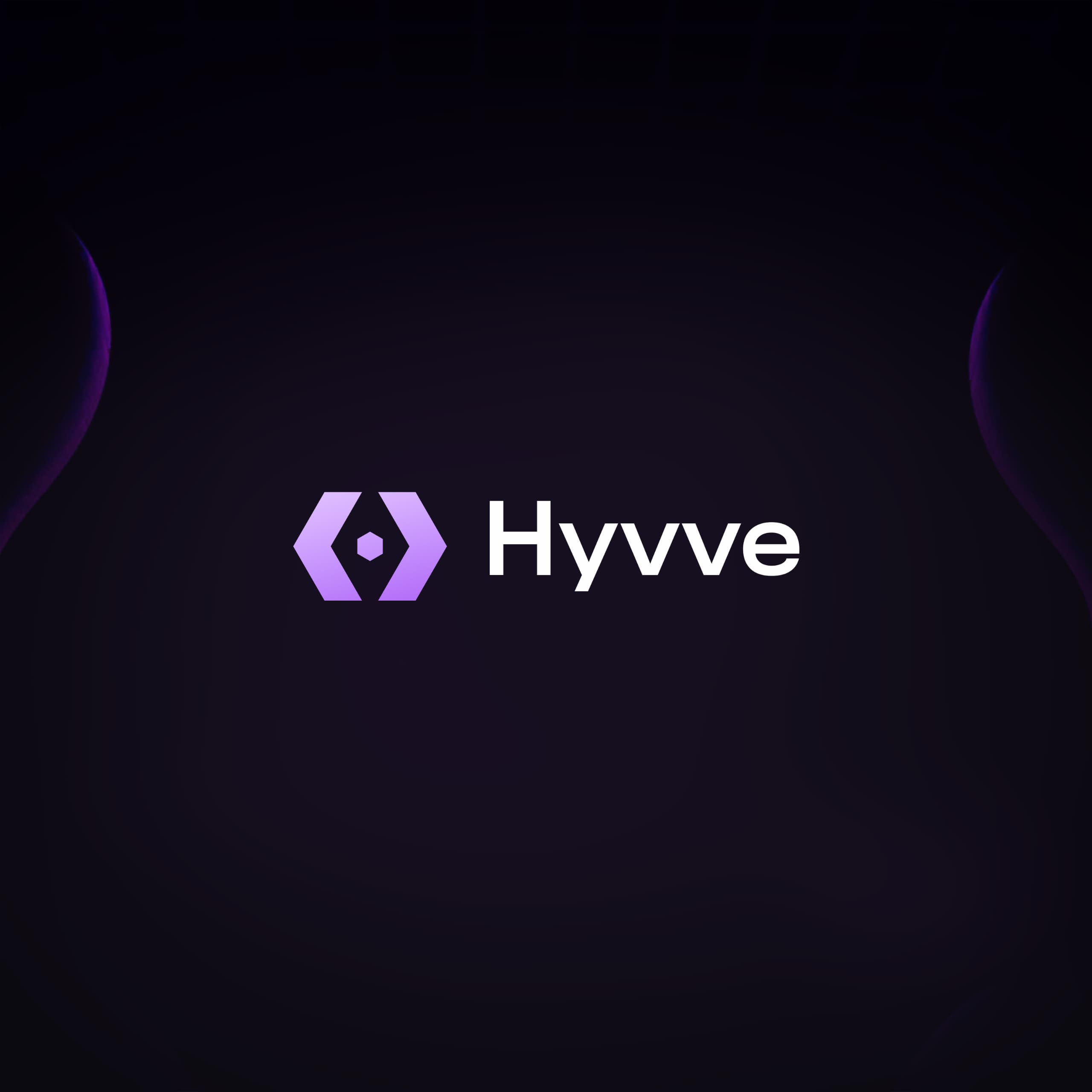
Hyvve
"A decentralized AI data marketplace on Sui where anyone can launch data campaigns, reward contributors, and process datasets through a multi-agent workflow engine."
Hyvve is building a marketplace to source and monetize datasets for artificial intelligence. The platform allows users to launch "data campaigns" to crowdsource information, which is then processed by a multi-agent system to ensure quality.
Hyvve uses Walrus to store these final, curated datasets, making them available for AI developers to purchase and use.
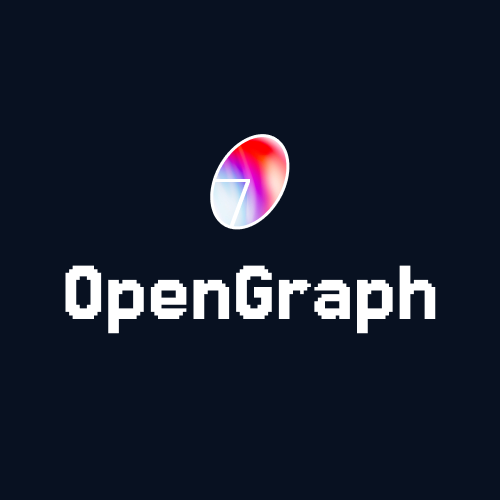
OpenGraph
"A decentralized data management system for Physical AI leveraging Sui and Walrus to handle real-world AI workloads securely and efficiently."
OpenGraph aims to bridge the gap between Web2 machine learning models and onchain execution. The project provides a framework for deploying AI models to the Sui blockchain, using Walrus to cost-effectively store the large model weights and training data required for onchain inference.
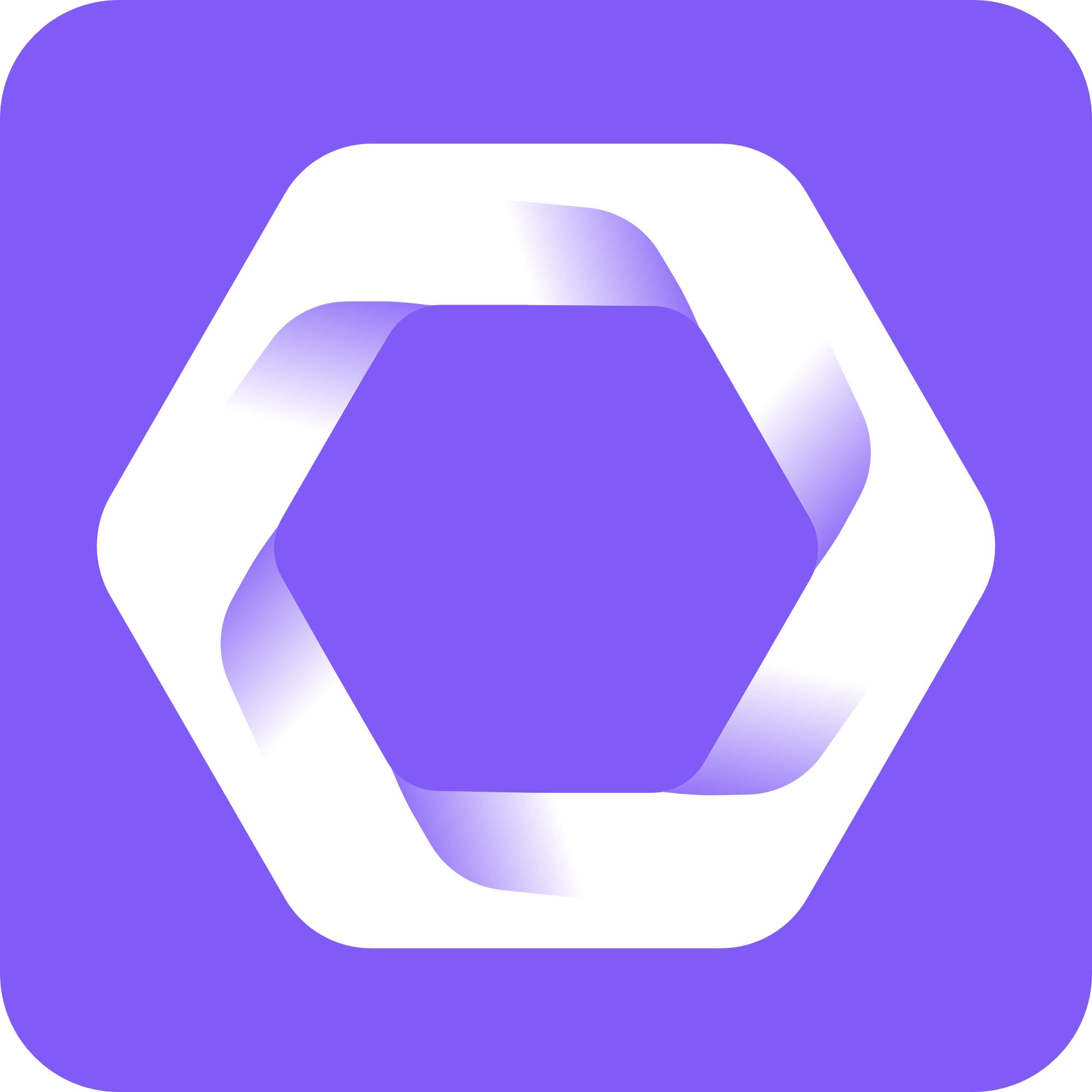
Galliun
"A Web3-native creator hub on Sui where users can share links, receive tips, and run crowdfunding campaigns via an on-chain profile."
Galliun offers a decentralized "link-in-bio" platform for creators to manage their onchain presence. Each creator's profile is a Sui object that facilitates direct tipping and crowdfunding. Walrus provides the storage for media assets like profile pictures and other content associated with the creator's page.

DemoDock
"A secure platform for storing, showcasing, and managing Web3 demo projects using Walrus and Seal for encrypted, decentralized access."
DemoDock is a platform for developers to showcase their work securely. It uses Walrus for decentralized storage of project files and demos while integrating Seal for encrypted, access-controlled sharing. This allows builders to privately share their work with investors or hackathon judges.
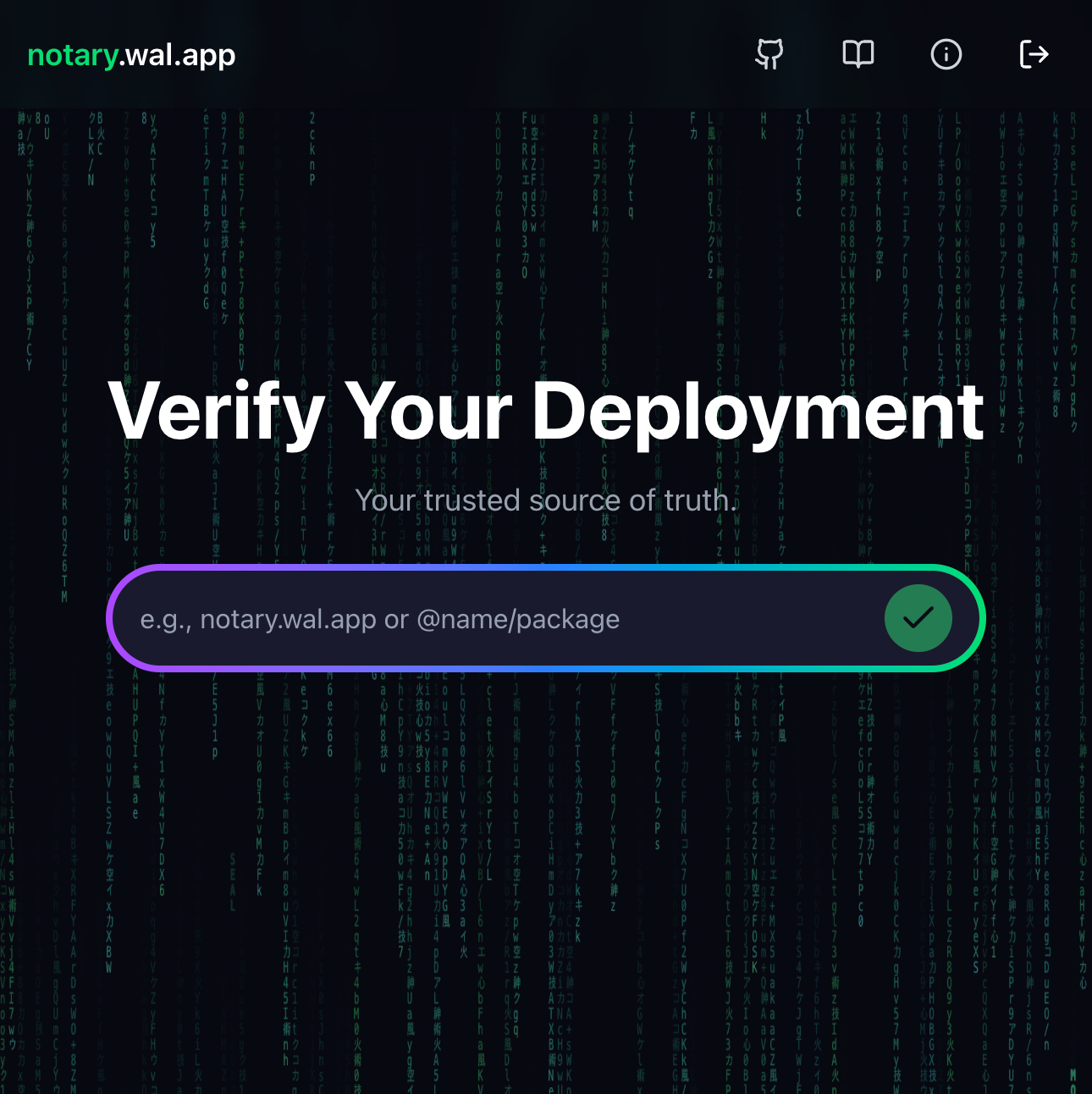
Sui Provenance Suite
"A complete toolset for cryptographically verifiable app deployment on Sui, linking GitHub commits to on-chain packages and frontend assets."
The Sui Provenance Suite toolset tackles supply-chain security by creating a verifiable link between source code on GitHub and the final deployed application on Sui.
The suite generates a provenance bundle—a verifiable record of how the code was built—and registers it onchain, allowing users to confirm that a deployed package matches a specific public commit.
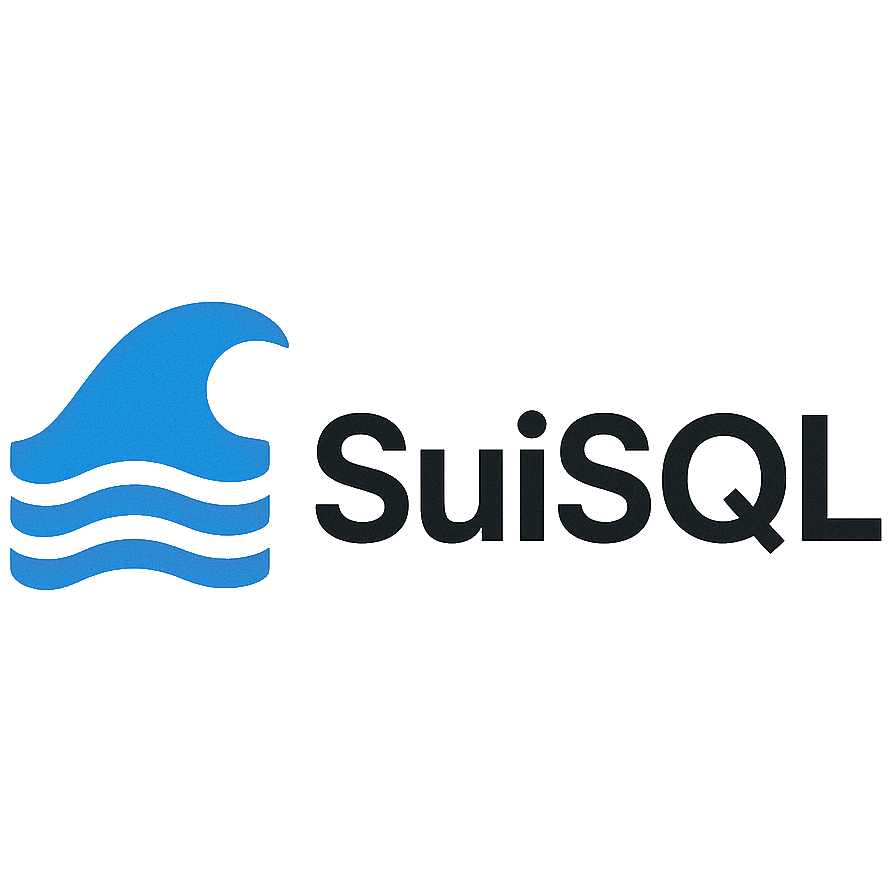
SuiSQL
"A full-featured SQL database engine running entirely onchain using Sui objects and Walrus for verifiable, decentralized state management."
SuiSQL makes onchain data more accessible by allowing developers to interact with it using standard SQL commands.
The engine translates SQL queries into operations on Sui objects, which act as the underlying database. Walrus is used to store larger data blobs and for managing verifiable off-chain state.
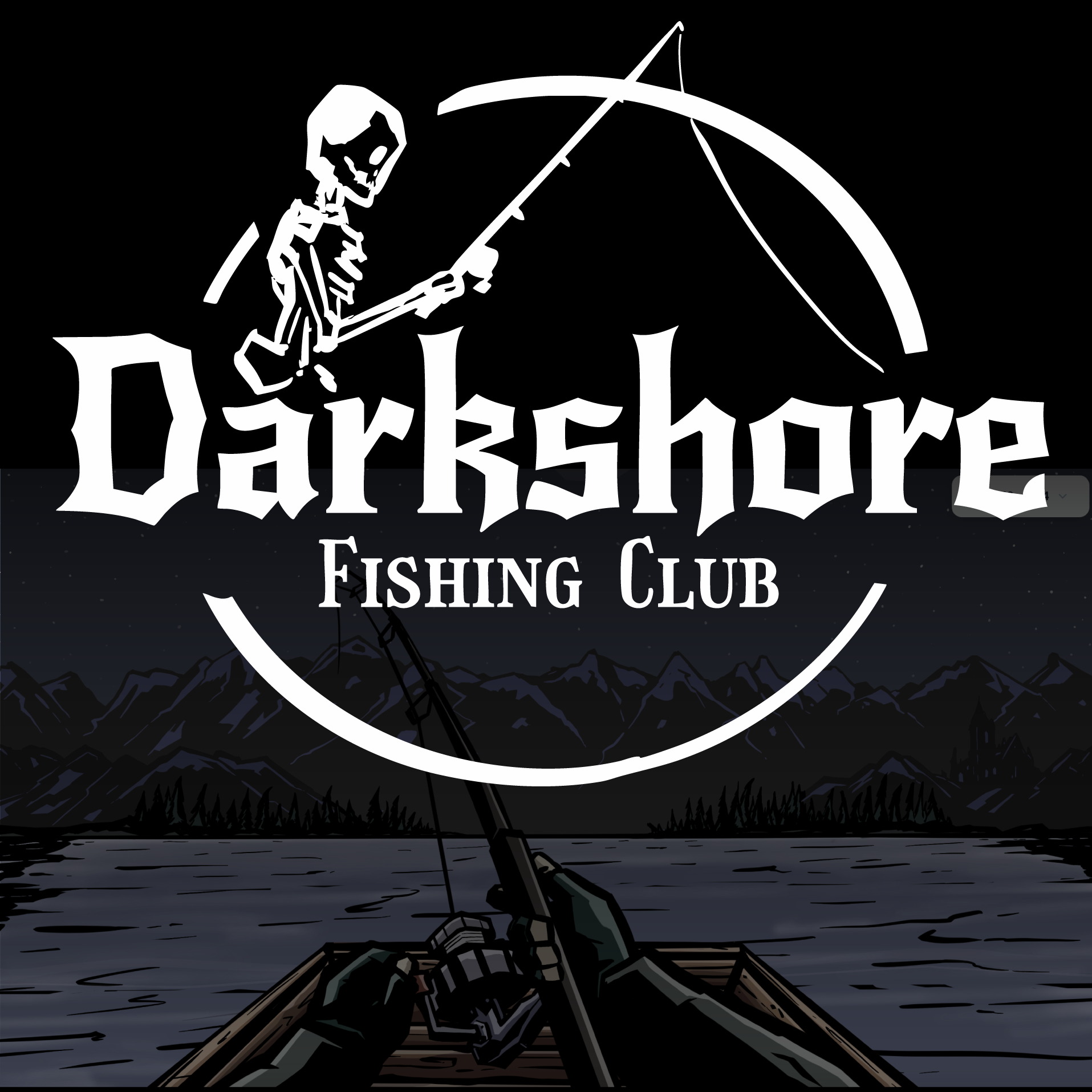
Darkshore Fishing Club
"A multiplayer card-based fishing game on Sui where players catch monstrous fish as onchain NFTs in a creepy-cozy, real-time experience."
Tired of crypto games that are just Web2 clones with tokens tacked on? Darkshore Fishing Club is built from the ground up for Web3.
Players use cards to fish, catch generative NFTs, and can even craft new gear. The game uses Sui to create unique, runtime generative NFTs, giving players meaningful ownership that’s tied directly to their in-game performance.
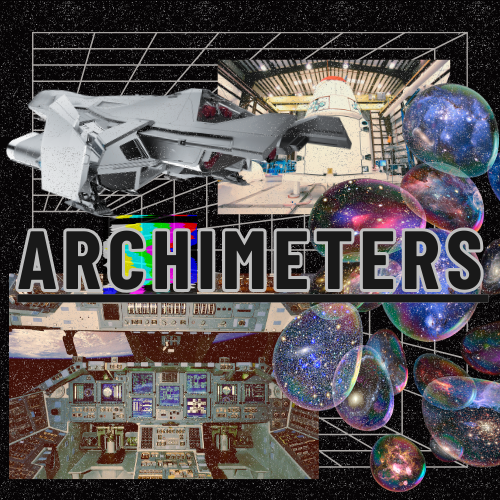
Archimeters
"Archimeters is a parametric design platform on Sui that links NFTs to functional 3D models, enabling digital-to-physical creation with decentralized storage via Walrus."
The Archimeters platform moves beyond static collectibles by allowing creators to monetize entire design systems. Instead of buying a fixed image, a user buys an NFT that grants access to a parametric algorithm. They can then customize the design's parameters to generate a unique 3D model for physical manufacturing.
This creates ongoing revenue for designers and gives owners a functional asset. Archimeters uses Walrus to store the large 3D model files, creating the decentralized bridge between digital ownership and physical objects.

Chatiwal
"A sovereign messaging app on Sui with programmable encrypted messages, full data ownership, and real-time privacy powered by Seal and Walrus."
Chatiwal addresses the core risks of centralized messaging: censorship, platform surveillance, and a lack of true data ownership. It delivers a sovereign communication experience where messages are ephemeral by default, but users can choose to save encrypted snapshots of their chat history to Walrus, giving them full control over their data and costs.
Chatiwal’s most innovative feature is "programmable messages"—conversations that carry on-chain logic to control who can read a message, when, and how, with policies like time-locks or pay-to-read. Chatiwal uses Seal for client-side key management to create a secure, adaptive, and user-owned messaging platform.

Moodeng: Walrus + Seal on EVM chains
"An EVM-compatible integration that brings programmable decentralized storage and secrets management to Ethereum via Walrus and Seal."
Moodeng is a strategic project that makes Walrus's storage capabilities available to the wider EVM ecosystem. It uses smart contracts and a cross-chain messaging protocol to allow developers on chains like Ethereum to trigger storage operations on Walrus and manage access policies with Seal, all from a familiar environment.

sui.direct
"A decentralized GitHub alternative built on Sui and Walrus, offering on-chain repository storage, custom VCS, and full developer autonomy."
sui.direct is a decentralized alternative to code hosting platforms like GitHub. Using a CLI, a developer authenticates with their wallet to push, manage, clone, and pull their code directly from the blockchain.
When code is pushed, the Walrus protocol compresses it and ships it to the network, where it is stored and made accessible via a unique blob ID. This creates a censorship-resistant system where developers truly own their code as on-chain assets, paying for storage directly with WAL coin as required by the protocol.
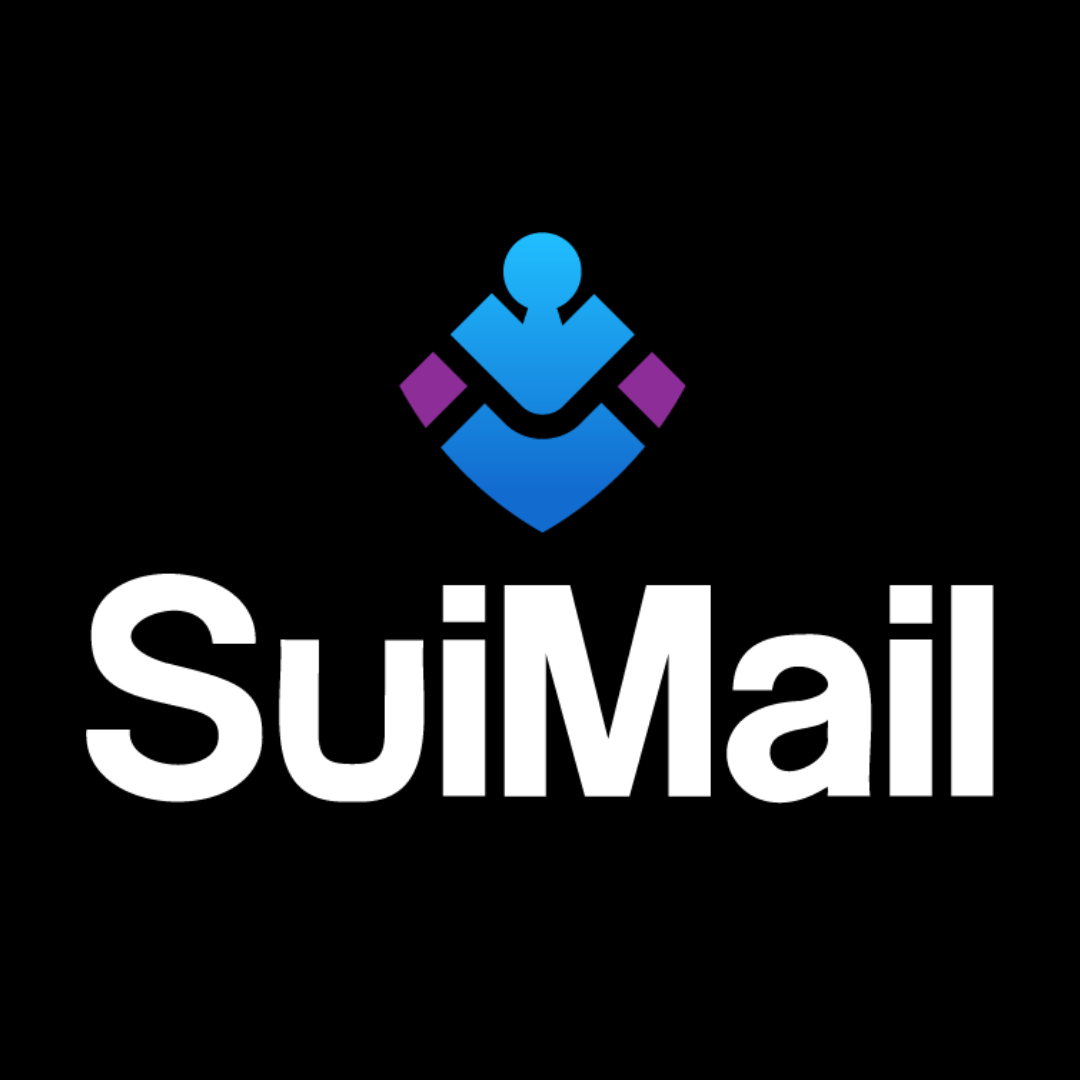
SuiMail
"A decentralized, wallet-native email platform with a pay-to-send model that lets users monetize access to their inbox while filtering spam."
SuiMail reimagines email with a Web3-native solution to spam. A user's inbox is tied to their wallet, with email content —from text to attachments—encrypted and stored on Walrus, giving users sovereign control over their communication history.
The platform’s key innovation is its "pay-to-send" model, which requires an external sender to pay a small, user-set fee. This creates a powerful economic filter against spam and allows users to monetize access to their own inbox.

SuiSign
"A decentralized document signing platform on Sui that ensures signature integrity and permanent on-chain storage using Walrus."
SuiSign provides a decentralized and verifiable way to sign documents. A document is stored on Walrus, and signers use their Sui wallets to create cryptographic signatures that are recorded onchain. This process creates an immutable and publicly verifiable audit trail for any agreement.
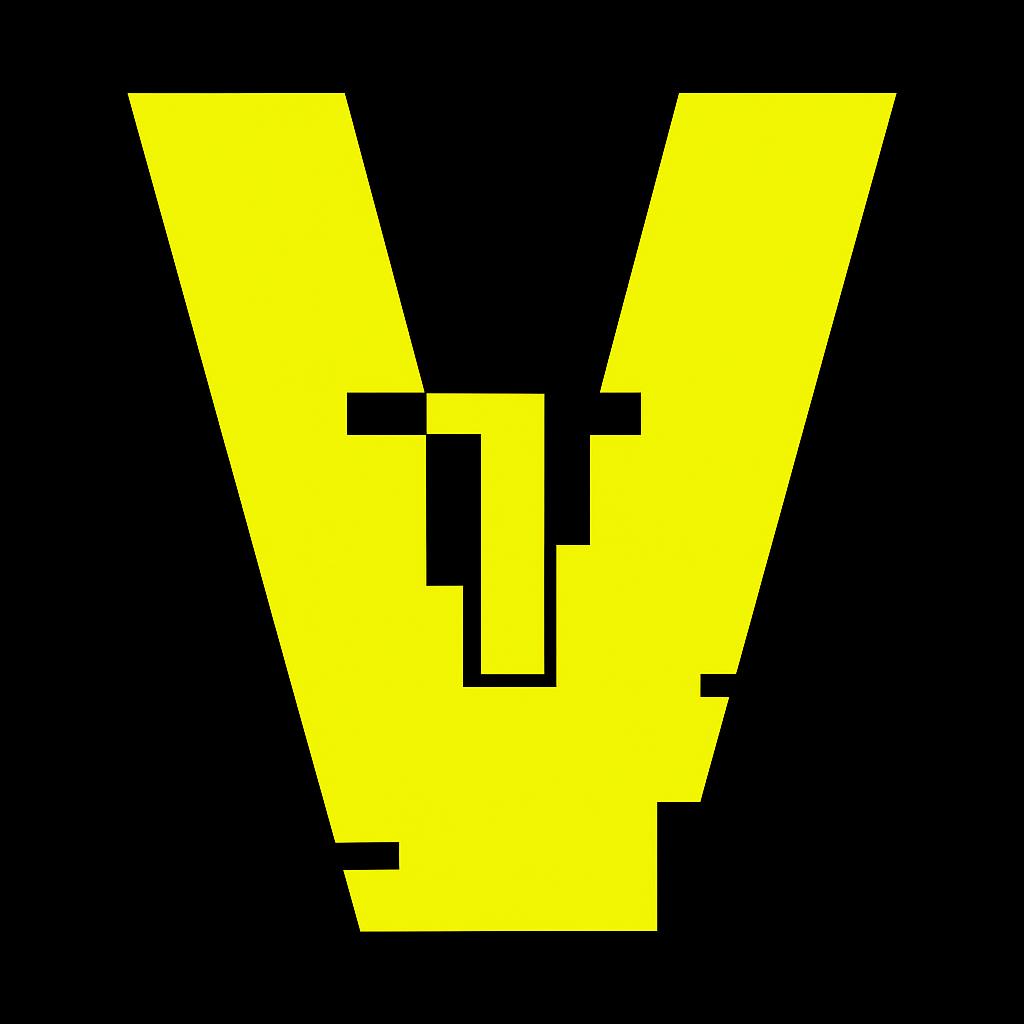
Vibe
"A decentralized video-sharing app on Sui offering TikTok-like UX, encrypted paywalled uploads, and on-chain tipping, comments, and subscriptions."
Vibe is a decentralized, Tik-Tok-like video-sharing app that gives creators full ownership over their content, which is stored on Walrus as blobs containing both the video and its thumbnail. Vibe aims to address the core problems creators face on Web2 platforms: censorship, demonetization, and lack of control.
For monetization, creators can encrypt their content with Seal and offer it to users via paid subscriptions. All social interactions—such as comments, likes, and tips—are handled as onchain transactions, ensuring creators have a direct financial relationship with their community. To provide a seamless experience, Vibe integrates zkLogin for easy, seedless onboarding and supports sponsored transactions to reduce user friction.
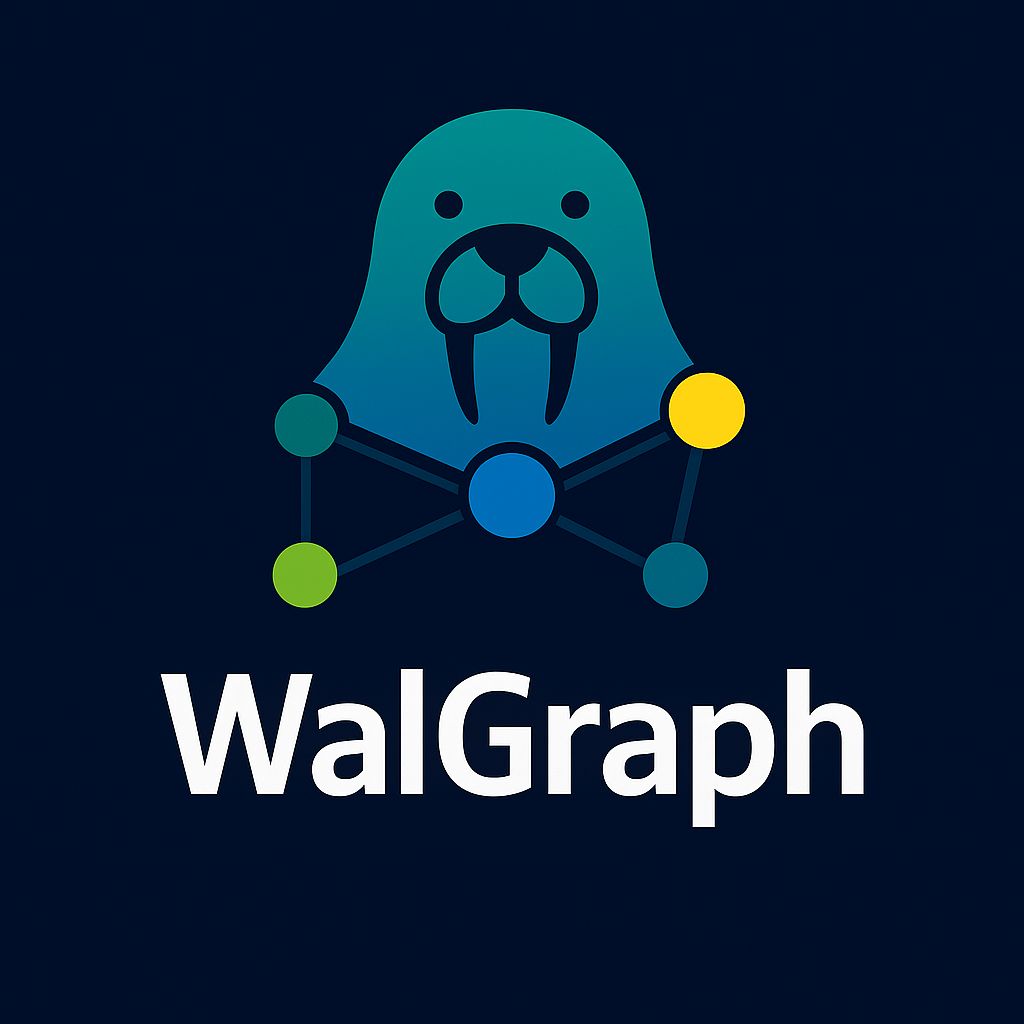
WalGraph
"A decentralized, community-owned graph database on Sui using a hybrid on/off-chain architecture for fast and flexible Web3 data queries."
WalGraph tackles a core challenge for Web3 social and data applications: modeling complex relationships without relying on centralized databases. It provides a truly decentralized graph database by using a hybrid architecture.
Sui is used for lightning-fast queries, indexing, and managing access control, while Walrus cost-effectively stores the actual graph data in encrypted, sharded blobs. This approach eliminates single points of failure and gives developers a performant, scalable solution to build sophisticated knowledge graphs and social networks with true data ownership.

Walpress APP
"A decentralized website builder on Sui that lets users deploy censorship-resistant sites with domain control via SuiNS and Walrus storage."
Walpress APP frees users from the limitations of traditional website builders, where they don't truly own their digital presence and are vulnerable to censorship. It provides a simple interface for users to build a static website, which is then bundled and deployed directly to Walrus for storage.
The resulting Walrus blob ID is linked to a SuiNS (Sui Name Service) domain, creating a fully decentralized and censorship-resistant website that the user truly owns and controls.

EpochOne E-sign
"An enterprise-grade e-signature tool combining Web2 UX with blockchain verification, ZK cryptography, and secure storage via Walrus."
Targeting enterprise clients, EpochOne provides an e-signature platform that combines a familiar user experience with Web3 security. It uses Walrus for secure document storage and employs zero-knowledge cryptography to verify signatures and document integrity with enhanced privacy.
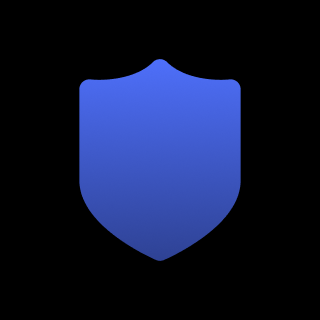
ZeroLeaks
"A secure and anonymous platform for whistleblowers to submit verified, encrypted documents using Walrus storage and zero-knowledge proofs on Sui."
ZeroLeaks is a high-impact platform for secure and anonymous whistleblowing. A user can upload an encrypted document to Walrus and use zero-knowledge proofs to prove certain facts about its contents without revealing the document itself or their identity.

MultiChainWalrus
"An open-source, cross-chain file uploader using Wormhole and Walrus to enable seamless, multi-currency file uploads across chains."
MultiChainWalrus acts as a bridge to make Walrus accessible to the entire Web3 ecosystem. Using the Wormhole messaging protocol, a user on another blockchain (e.g., Ethereum) can pay in their native currency to upload a file to Walrus, without needing a Sui wallet or SUI tokens.
Do More With Your Data: Build on Walrus
The innovation showcased by these teams highlights a clear trend: when developers have a fast, verifiable, and dynamic data layer, they build the foundational tools for a more decentralized internet.
Ready to bring your own idea to life?
- Start building today: Visit the Walrus Get Started page to dive into the documentation, apply for storage credits and grants, and participate in our RFP program.
- Join the community: Follow us on X and join our Discord to connect with other developers, get support, and be the first to hear about upcoming hackathons and events.
You build the future. We'll power the data



